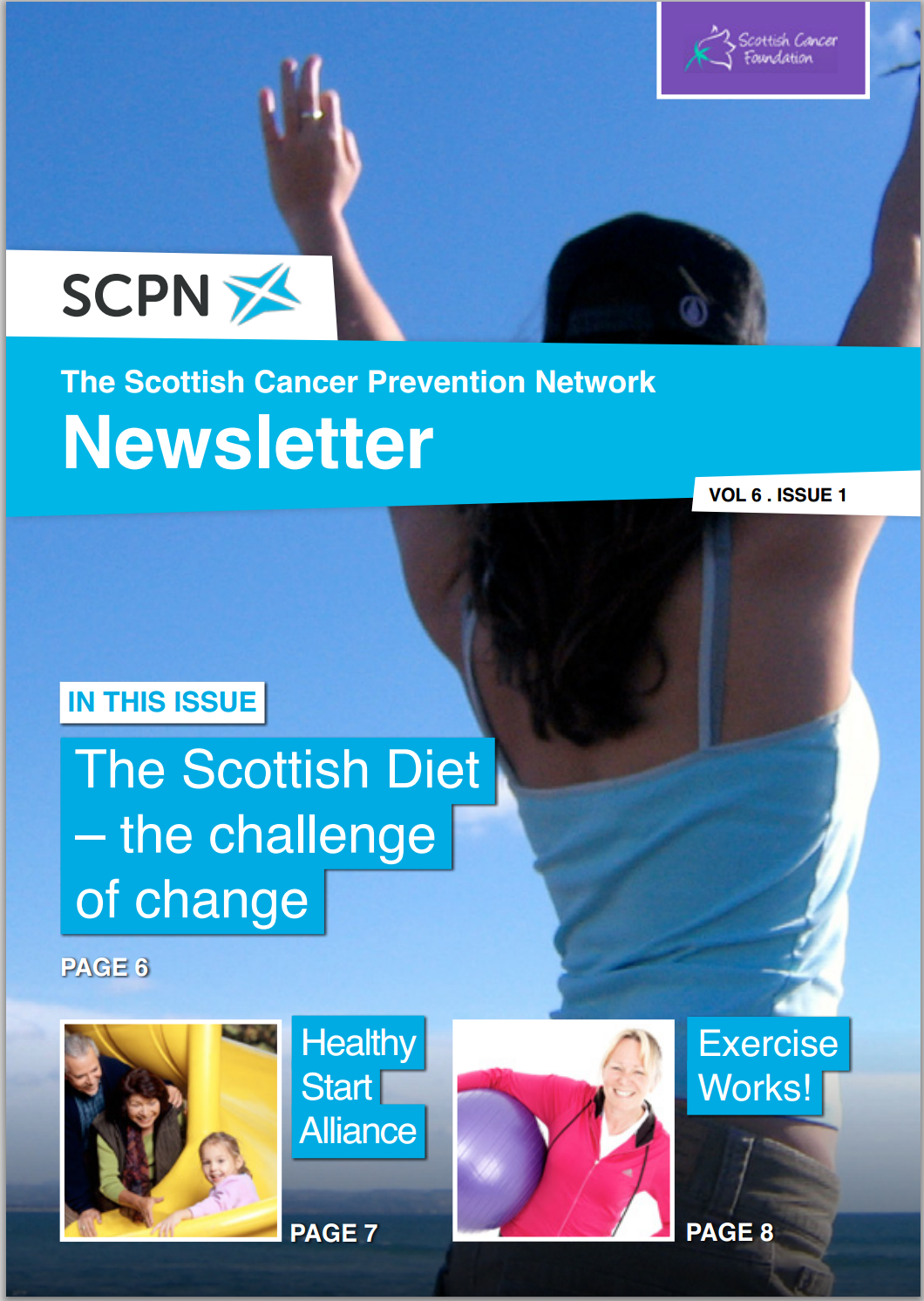
Changes in Cervical Screening in Scotland

03 Feb 15 |
From 1 April 2016, Scotland will see changes in the cervical screening programme. The age range for women will change from age 20-60 years to 25-64 years plus 364 days. The frequency of cervical screening will continue to be every three years from age 25 to 50, but will change to every five years for women from age 50 to 64 plus 364 days. Women on nonroutine screening (where screening results have shown changes that require further investigation/follow up) will be invited up to age 70 years plus 364 days (a change from current arrangements up to age 68).
Carol Colquhoun, Programme Director: National Co-ordinator Screening Programmes said: ‘For nurses, it will mean no day-to-day change to the test itself, but they have an important role in explaining the changes to the women they look after and in particular to those directly affected by the change. A question and answer sheet has been developed for professionals and is available from NHS Health Scotland and NHS Education for Scotland.’ The changes are coming about following the report of the Scottish Expert Review Group and in accordance with the recommendations of the UK National Screening Committee. The recommendations are based on strong evidence and align with established practice in the rest of the UK.
Carol Colquhoun, continued: “There are a number of sound reasons for women being screened from age 25 instead of 20. Cervical cancer is extremely rare in women under 25 and the data shows that the changes will have little or no impact on invasive cancer rates up to the age of 30; plus in England, where the same changes were introduced, there has been no increase in cancer morbidity in women 20 – 25. In women under 25, changes in the cervix are very common, with a 1 in 3 chance of being detected through screening. The vast majority of these changes will clear up of their own accord and screening can lead to unnecessary investigation, treatment and anxiety. Finally, the human papilloma virus (HPV) vaccination programme is offered to all girls aged 11 to 13 years old (before they become sexually active). It vaccinates against two high-risk types which are known to be the cause of over 70% of HPV cases.
The HPV immunisation programme has a high participation rate and protection from the HPV vaccination is long lasting. For women over 50, five-yearly screening offers similar protection to three-yearly and the natural history and progression of cervical cancer means it is highly unlikely that women aged 65 or over who have attended screening regularly would go on to develop the disease.” Health professionals should continue to raise awareness of the signs and symptoms of cervical cancer. Any woman with signs should immediately go to see their doctor.
For more information, visit:
- www.healthscotland.com/topics/health-topics/screening/cervical.aspx
- www.nes.scot.nhs.uk or contact the screening coordinator in your NHS Board.
By Kerry Teakle, NHS Health Scotland
This article, written by Kerry Teakle was originally published in the SCPN Newsletter, Volume 6, Issue 1.
Read the full issue here:

The SCPN Newsletter: Volume 6, Issue 1
In our first newsletter for 2015, we cover the challenge of change in the Scottish diet, news from the Healthy Start Alliance, input from Exercise Works and more.